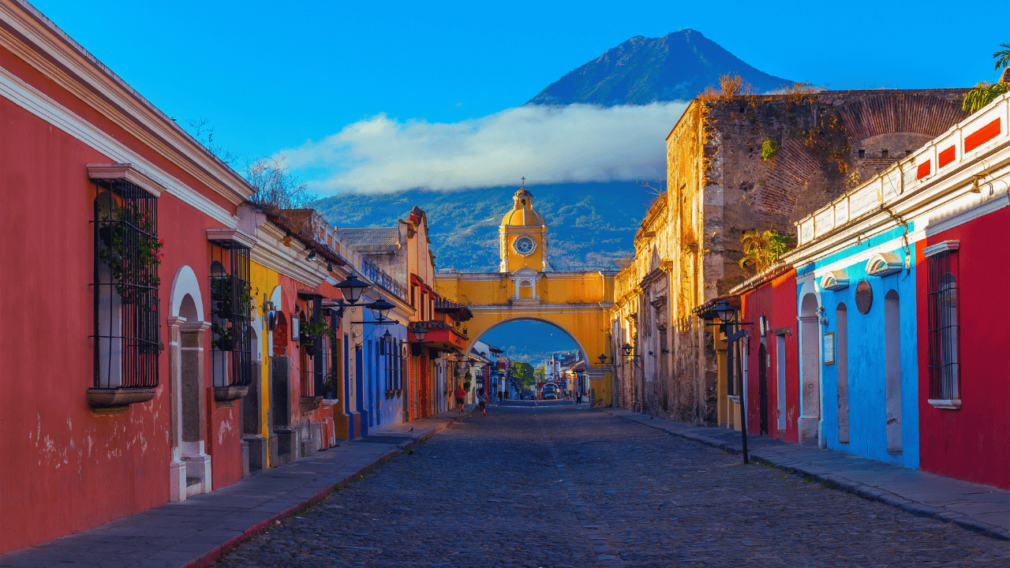No Progress in Antigua’s US Gambling Dispute
The long-standing trade dispute between Antigua and Barbuda and the United States, centered on online gambling, has once again hit a wall. According to a recent report by Caribbean National Weekly, hopes for a resolution have faded, with officials in Antigua suggesting it could take “another generation” to see meaningful progress.

The Origins of the Conflict
The conflict dates back to 2003, when Antigua and Barbuda filed a complaint with the World Trade Organization (WTO) against the U.S. The Caribbean nation accused the U.S. of violating the General Agreement on Trade in Services (GATS) by targeting foreign online gambling operators. Antigua argued that such actions unfairly restricted market access, which was supposed to be guaranteed under the WTO framework.
In 2004, the WTO ruled in favor of Antigua and Barbuda, granting the nation the right to suspend up to $21 million annually in U.S. intellectual property rights. Despite this victory, Antigua has yet to receive any compensation or meaningful resolution from the U.S.
A Standoff Without Progress
Over the years, Antigua has claimed that losses from the U.S. actions have climbed to $315 million, a staggering figure that represents over a quarter of the nation’s annual GDP. Although Antigua has the legal right to retaliate through intellectual property sanctions, it has refrained from doing so, hoping instead to negotiate a settlement.
However, attempts to reach an agreement have proven fruitless. U.S. settlement offers have reportedly amounted to less than 1% of Antigua’s estimated losses, which Antiguan officials deem entirely inadequate. On the other hand, the U.S. has called Antigua’s demands “extreme,” citing WTO rules that supposedly do not mandate monetary compensation.
A Change in U.S. Administration Brings Little Hope
Adding to the pessimism, officials in Antigua believe that the recent change in the U.S. administration is unlikely to affect the dispute’s trajectory. The matter primarily falls under the jurisdiction of the U.S. Trade Representative’s Office, rather than the Department of State, further complicating diplomatic resolutions.
One Antiguan representative noted, “The reality is that we’re looking at a timeline of another generation before this is resolved.”
This dispute has become a case study in the challenges smaller nations face in enforcing WTO rulings against major powers. While Antigua technically has the leverage to retaliate through intellectual property rights, implementing such measures could be costly and logistically complex.
Recommended
